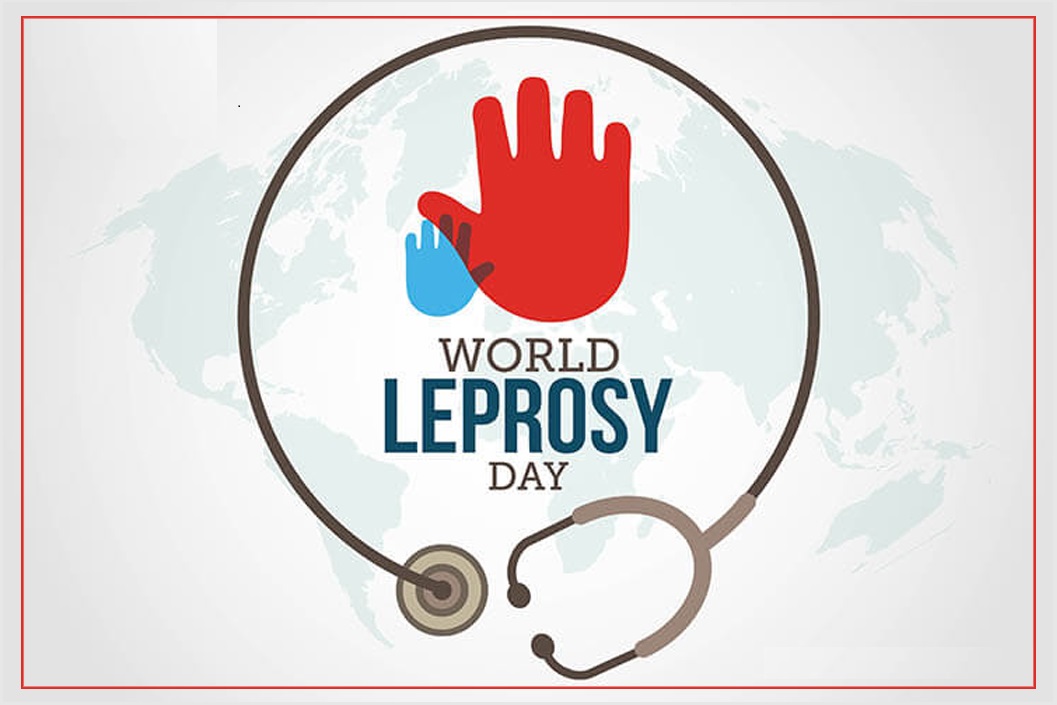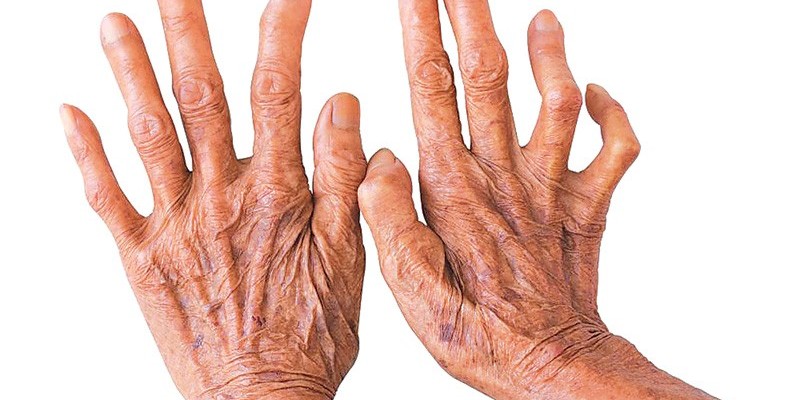Life & Health

The 70th World Leprosy Day is being marked on Sunday by organising different programmes under ‘Act Now. End Leprosy’.
World Leprosy Day is observed on the last Sunday of January every year. Since 1954, this day has been observed worldwide to raise awareness about leprosy.
While Nepal was officially proclaimed leprosy-free in 2010, new cases are emerging in the country, especially in the Tarai region. According to government figures, Nepal witnessed a total of 2,285 new patients of leprosy in the fiscal year 2022/23.
Leprosy is not a disease that gets passed down from one generation to the next. But doctors say that if someone in the family or community has leprosy, it is likely that others will get it too.
According to official statistics, Madhes Province has recorded 910 cases of leprosy or almost 40 per cent of the total leprosy cases in the country. Saptari district in Madhes province is remarkably free of leprosy.
Likewise, 581 in Lumbini, 345 in Province 1, 205 in Sudurpaschim and 68 cases of leprosy are reported in Karnali. The number of leprosy patients is less in Gandaki and Bagmati provinces compared to other provinces.
In Nepal, 16 districts have recorded higher cases of leprosy. The districts include Jhapa, Morang, Siraha, Dhanusha, Mahottari, Sarlahi, Rautahat, Bara, Parsa, Parasi, Rupandehi, Banke, Bardiya, Kailali, Kanchanpur and Achham.
Starting its operation in Nepal in 1975, NLR Nepal is involved in leprosy, disabilities and inclusive development in Mahottari and Dhanusha of Madhes Province. The organisation distributes medicines and conducts preventive measures in those districts.
Likewise, the government in Madhes Province has also upped its activities for treating and preventing leprosy, as more cases were reported there. The Lalgadh Leprosy Hospital and Service Centre is offering services to those needy ones under the auspices of Nepal Leprosy Trust.
Health Division Chief of the Social Development Ministry of Madhes Province, Dr Mukti Narayan Shah, said that a leprosy camp would be conducted every month in each district of the province to diagnose and cure leprosy.
The Lalgadh Leprosy Hospital and Service Centre offers treatment to as many as 400 patients with skin and leprosy daily.
All you need to know about leprosy

Leprosy, which is also known as Hansen's disease, is a long-lasting infection caused by a bacteria called Mycobacterium leprae. It affects the skin, nerves, and other parts of the body. If a person with leprosy is not treated, they could end up with permanent damage to their skin, nerves, or eyes, paralysis, a deformed nose, and ulcers on the bottom of their feet. Leprosy causes patches of discolored skin, numbness in the hands and feet, and a loss of feeling in the arms and legs. Leprosy can be treated with antibiotics, and if it is caught early, it can be cured.
The disease is now very rare. Leprosy can happen to people of any age, but it is most common in those between the ages of five and 15 and those over 30. Studies show that more than 95 per cent of people who are infected with Mycobacterium leprae do not get leprosy because their bodies fight off the infection. There are three different kinds of leprosy: tuberculoid, lepromatous, and borderline.
Symptoms and complications
Doctors say if left untreated, leprosy can cause permanent damage to your skin, nerves, arms, legs, feet, and eyes.
Here are some complications:
- Patients may face the complications of leprosy like blindness or glaucoma, iritis, hair loss, infertility, disfiguration of the face (such as permanent swelling, bumps, and lumps)
- Erectile dysfunction and infertility in men
- Kidney failure
- Muscle weakness leading to claw-like hands or not being able to flex your feet
- Permanent damage to the inside of your nose, which may lead to nose bleeding and a chronic stuffy nose
- Permanent damage to the nerves outside your brain and spinal cord, including those in the arms, legs, and feet, may cause a dangerous loss of feeling in the arms and legs
- If you have nerve damage from leprosy, you might not feel pain even if you cut, burn, or hurt your hands, legs, or feet
How leprosy spreads
Symptoms usually take about three to five years to develop after getting in touch with the bacteria that causes leprosy. Some people might only have symptoms in 20 years later. The time between contact with the bacteria and the appearance of symptoms is known as the incubation period.
It is not clear exactly how leprosy is spread. When someone suffering from leprosy coughs or sneezes, he/she may spread droplets that another person inhales. Disease transmits due to close physical contact with an infected person.
According to experts, it is not spread by casual contact with an infected person, such as shaking hands, hugging, or sitting next to them on a bus or at a table during a meal. Pregnant mothers with leprosy can’t transfer to their unborn babies. The disease is not transmitted by sexual contact either. The patient is advised to undergo a skin biopsy to diagnose the disease.
Leprosy treatment
- Treatment is given based on how bad the disease is. Antibiotics are given to the patient to treat the infection. Patients are usually told to get treatment for a long time, usually between 6 months and a year.
- Patients who suffer from severe leprosy might need to take antibiotics longer. Antibiotics can’t cure the nerve damage that comes with leprosy.
- Multidrug therapy (MDT), which combines antibiotics, is a common way to treat leprosy.
- Anti-inflammatory drugs may also treat nerve pain and damage caused by leprosy.
- Patients may sometimes be advised thalidomide, a potent medication that suppresses your immune system. It may help treat leprosy skin nodules. Thalidomide may cause severe, life-threatening birth defects therefore it is not recommended for pregnant or plan to become pregnant.
With RSS inputs

_11zon1681280198.jpg)




